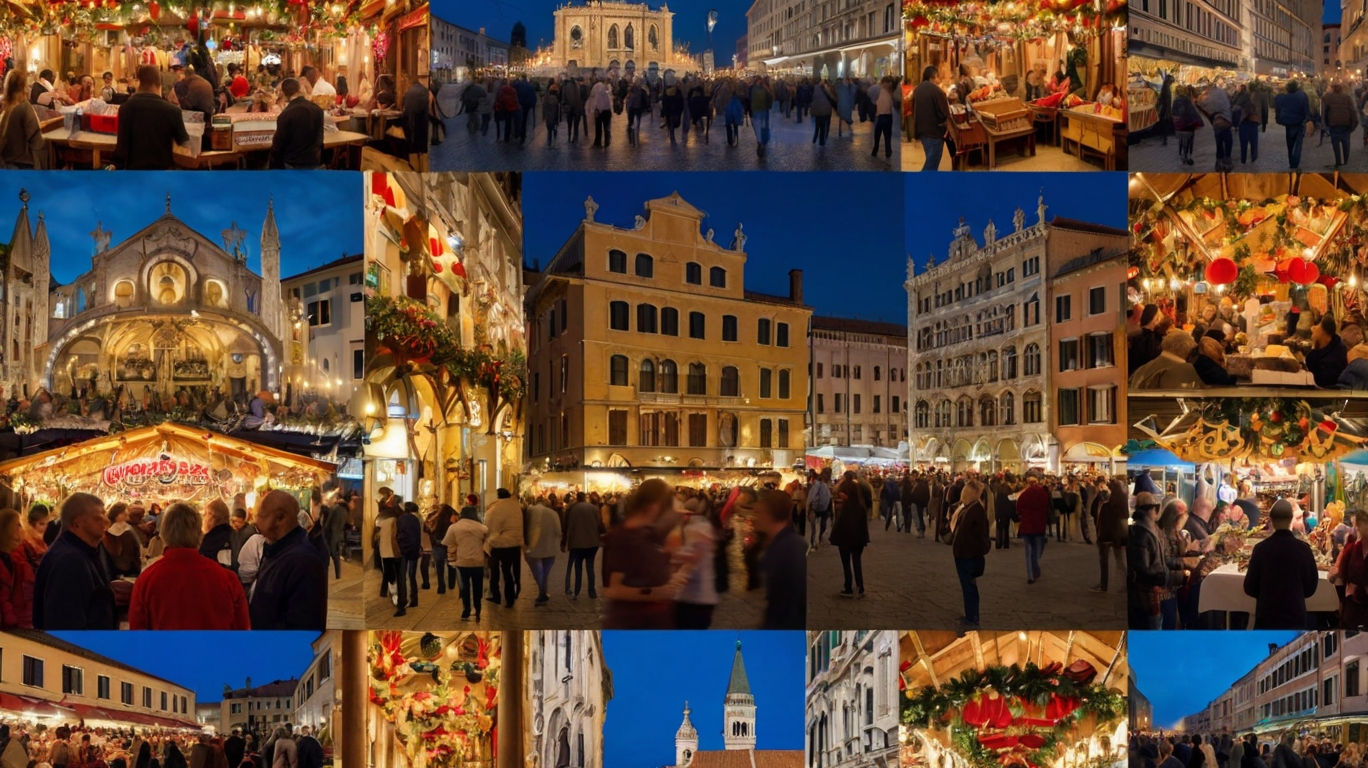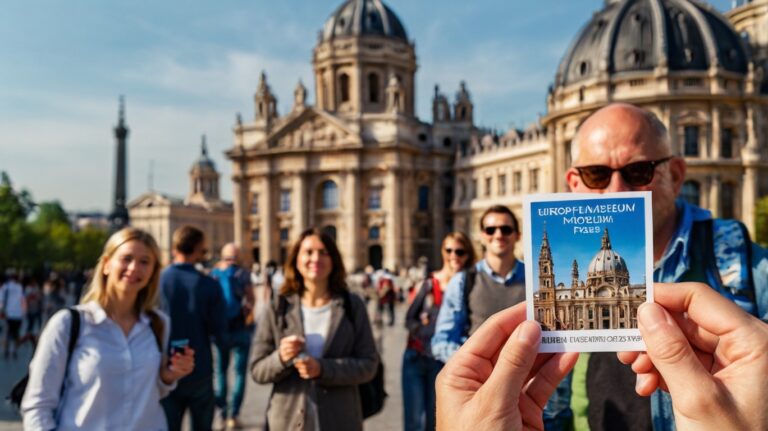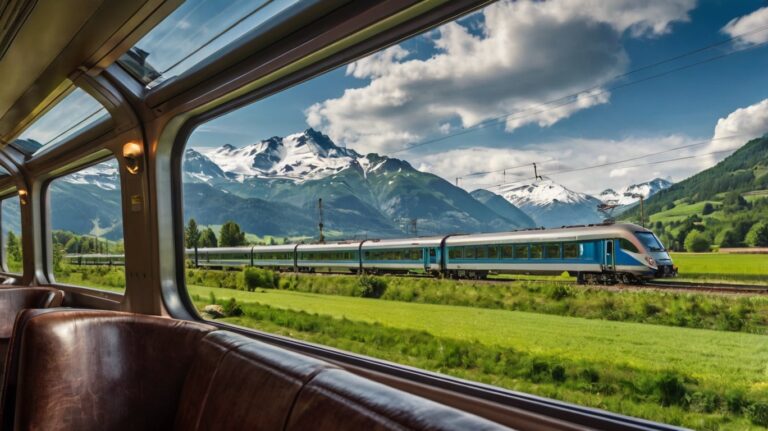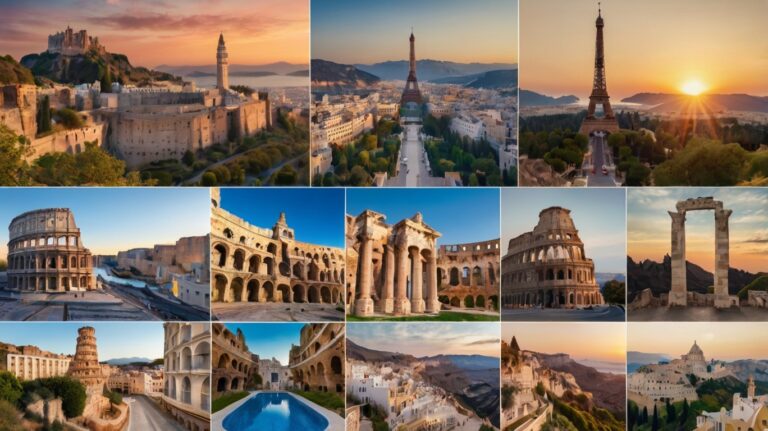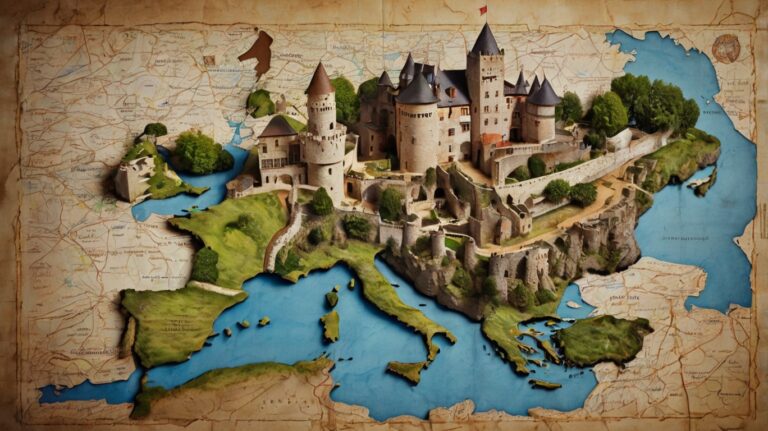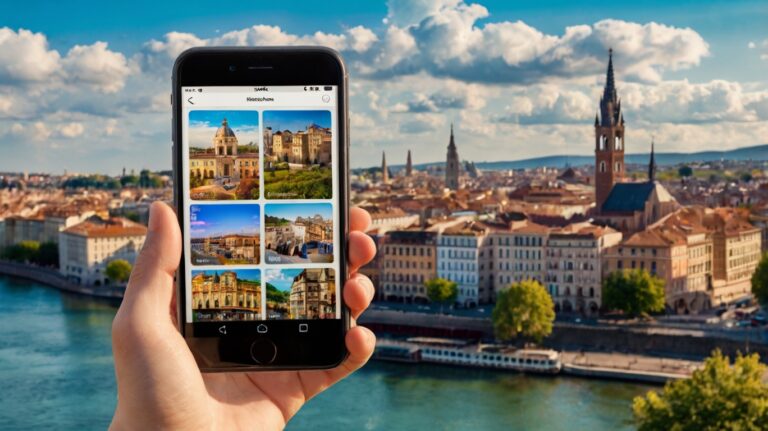20 European Holiday Seasons to Plan Around
Planning a trip to Europe? Let me tell you—timing is everything! Europe is a patchwork of countries, each with its own holidays, festivals, and peak travel seasons. And trust me, after 15 years of hopping from city to city solo, I’ve learned that these holidays can either make your trip unforgettable or leave you stuck in an endless line at a closed museum. So, let’s talk about the 20 European holiday seasons you need to know about to make your trip smooth, exciting, and stress-free.
1. Christmas Markets (Late November – December)
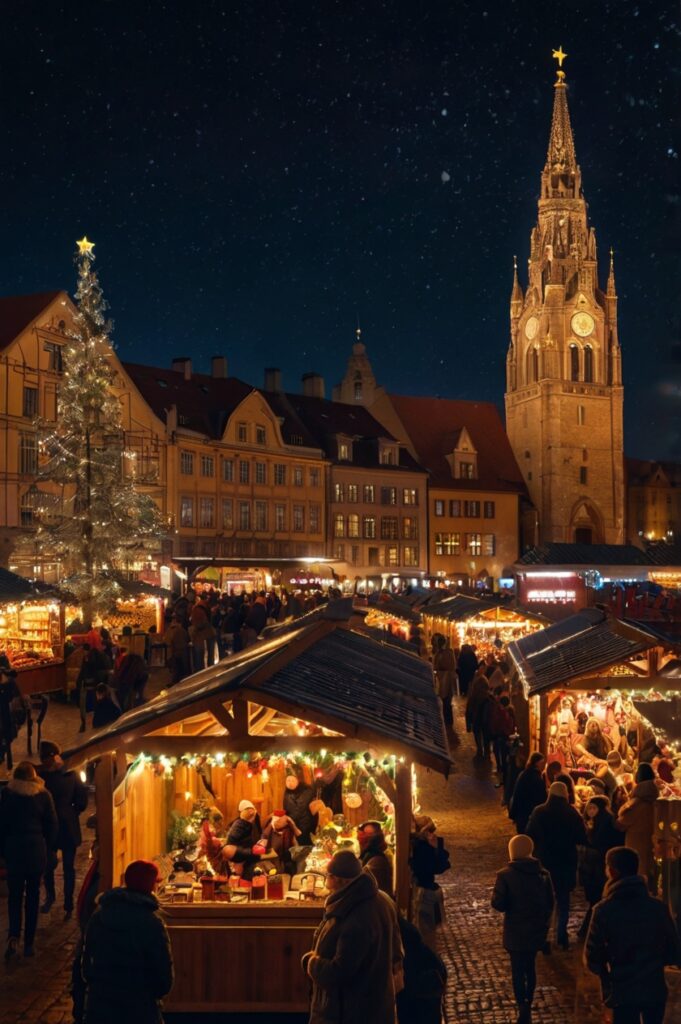
Europe turns into a real-life snow globe during Christmas. Cities like Vienna, Strasbourg, and Munich light up with festive markets selling mulled wine, gingerbread, and handcrafted gifts. It’s cozy, magical, and yes—crowded!
2. Carnival (February – March)
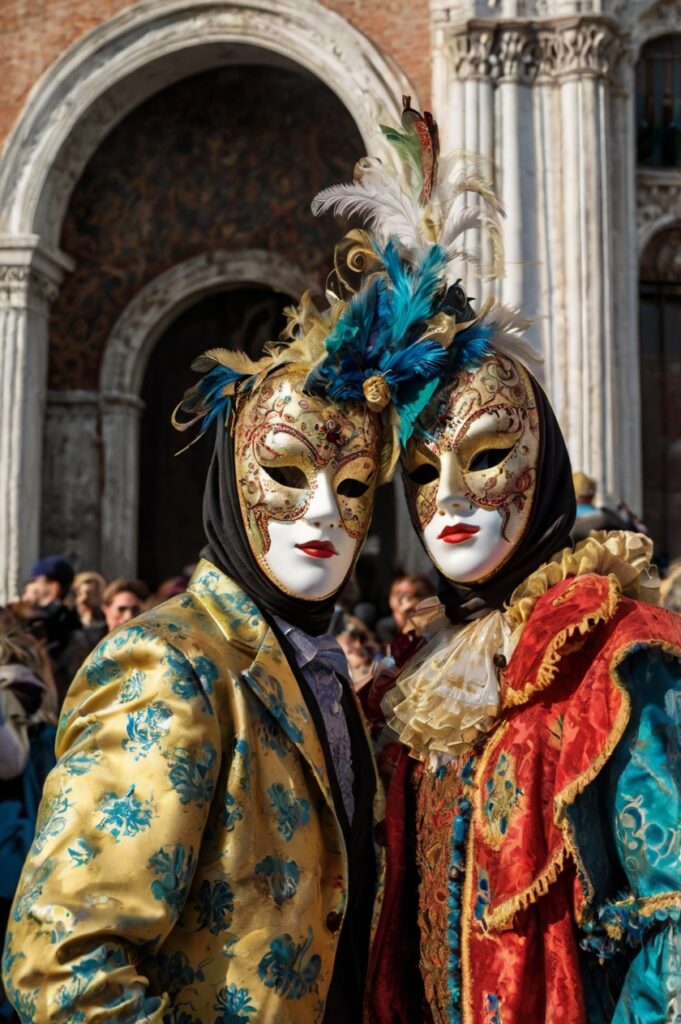
Venice, Cologne, and Nice are famous for their colorful parades, elaborate masks, and street parties. It’s like Mardi Gras but with a European twist.
3. King’s Day in the Netherlands (April 27th)
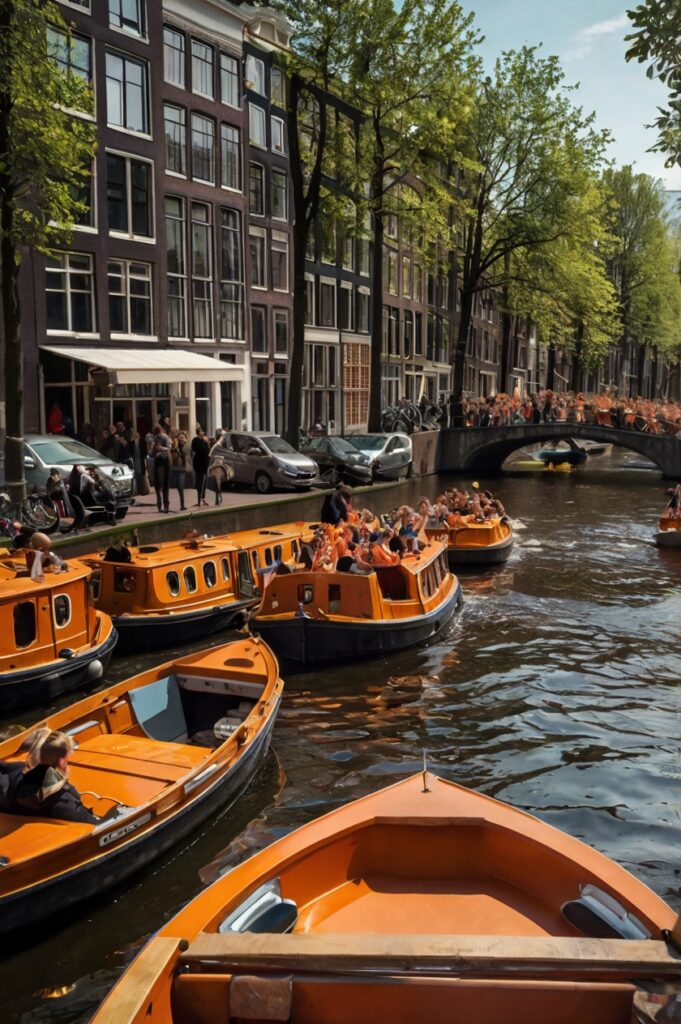
Amsterdam turns into a sea of orange for King Willem-Alexander’s birthday. Think boat parties, flea markets, and non-stop celebrations.
4. Midsummer in Scandinavia (Late June)
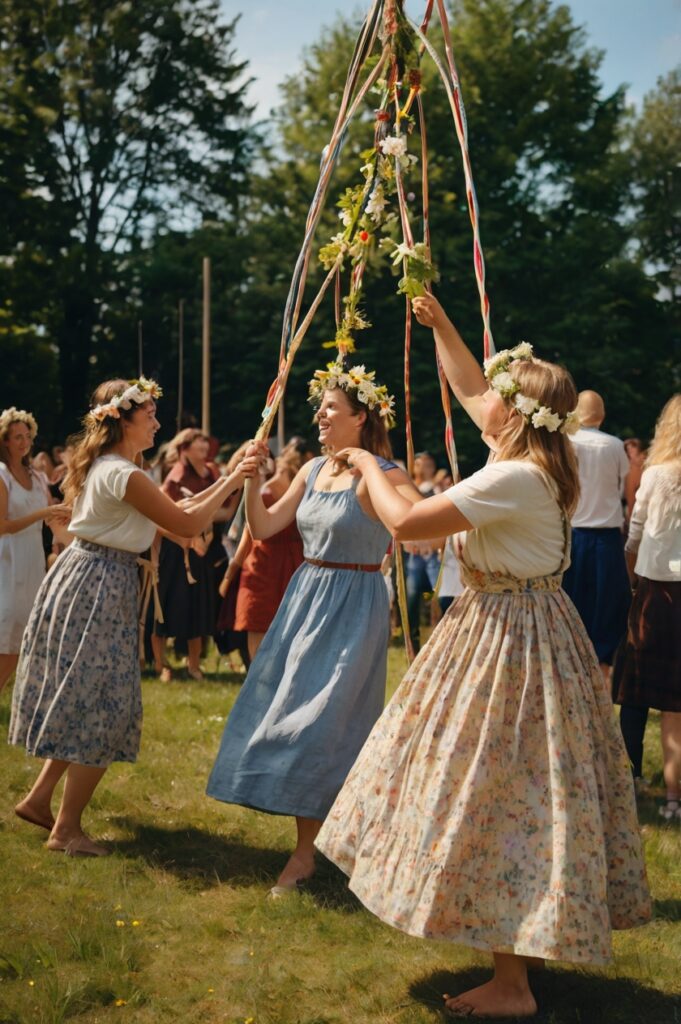
Sweden and Finland light up with bonfires, flower crowns, and all-night dancing to celebrate the summer solstice.
5. Running of the Bulls in Pamplona (July)
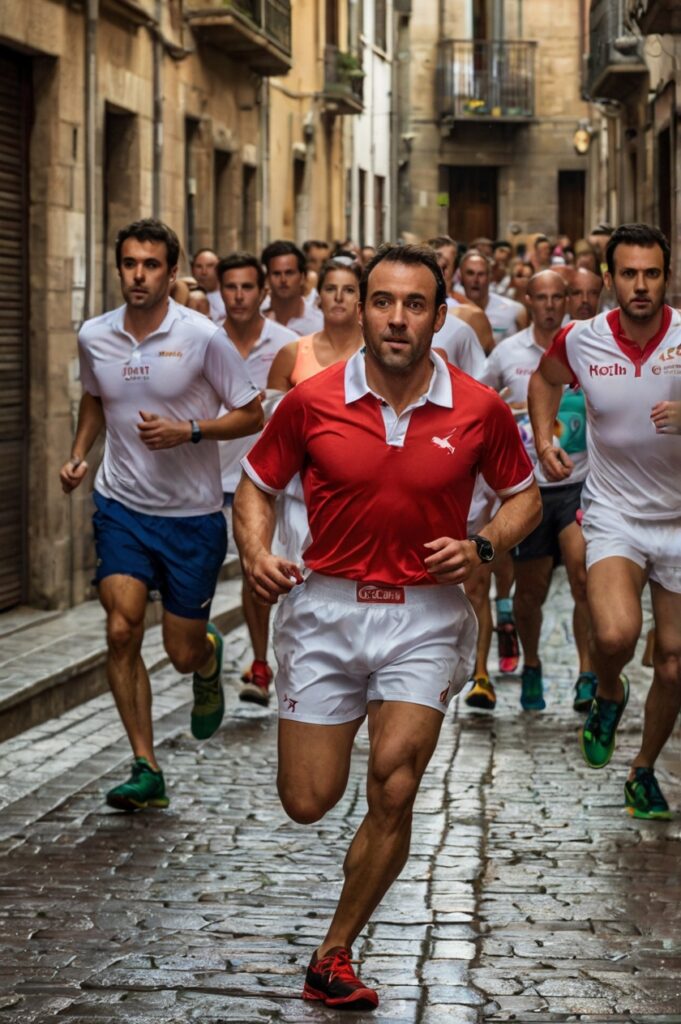
For thrill-seekers, this Spanish festival is wild—literally. But it’s not for the faint-hearted (or the slow runners).
6. May Day/Labor Day (May 1st)
This public holiday means most businesses are closed, but you’ll find parades and political rallies, especially in cities like Paris and Berlin.
7. Cannes Film Festival (May)
Glamour hits the French Riviera hard. Cannes becomes a hotspot for celebrities, but hotel prices skyrocket. Unless you’re invited, it might be best to admire from afar.
8. Ascension Day (May – June)
A public holiday in many countries, often resulting in a long weekend. Museums and shops might close, so plan ahead.
9. New Year’s Eve Celebrations (December 31st – January 1st)
Whether it’s fireworks over the Thames in London or street parties in Madrid, Europe knows how to welcome the New Year. Pro tip: book accommodations early, especially in big cities.
10. Bastille Day in France (July 14th)
France’s national day brings military parades, fireworks over the Eiffel Tower, and public festivities. Paris can get especially crowded.
11. Easter (March – April)
Expect beautiful church services, chocolate eggs, and traditional processions. Seville’s Semana Santa is particularly unforgettable.
12. Edinburgh Festival Fringe (August)
The world’s largest arts festival takes over Edinburgh. Expect street performers, comedy shows, and packed pubs.
13. La Tomatina in Buñol, Spain (August)
Ever wanted to join a massive tomato fight? This messy festival draws crowds from all over the world.
14. Oktoberfest in Munich (Late September – October)
The ultimate beer festival! Giant pretzels, lederhosen, and steins of beer—what more could you need?
15. All Saints’ Day (November 1st)
A solemn public holiday in many Catholic countries. Cemeteries fill with candles and flowers.
16. Bonfire Night in the UK (November 5th)
Remember, remember the fifth of November! Expect fireworks, bonfires, and the occasional Guy Fawkes effigy.
17. Saint Nicholas Day (December 6th)
In places like Germany and the Netherlands, kids wake up to small gifts and treats. It’s a charming prelude to Christmas.
18. Fête de la Musique in France (June 21st)
A day where musicians take over the streets. From Paris to Marseille, the cities buzz with free concerts.
19. National Day in Switzerland (August 1st)
Expect fireworks, traditional music, and fondue feasts in the Swiss Alps. It’s a cozy and scenic way to celebrate.
20. European Heritage Days (September)
Countries across Europe open up historic sites for free or at discounted rates. A dream for history buffs!
Timing your trip with Europe’s holiday schedule can turn a regular vacation into something extraordinary. Whether you’re dancing under the midnight sun in Sweden or dodging tomatoes in Spain, these celebrations offer a deeper connection to local cultures. So, plan smart and make your next European adventure unforgettable!

